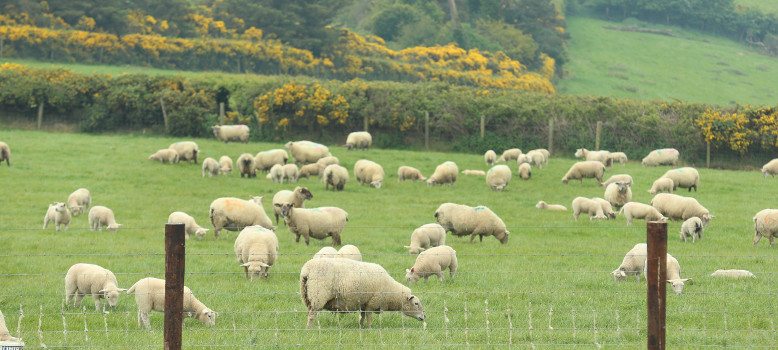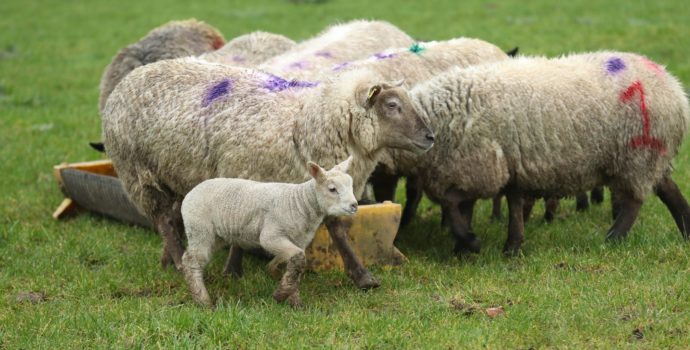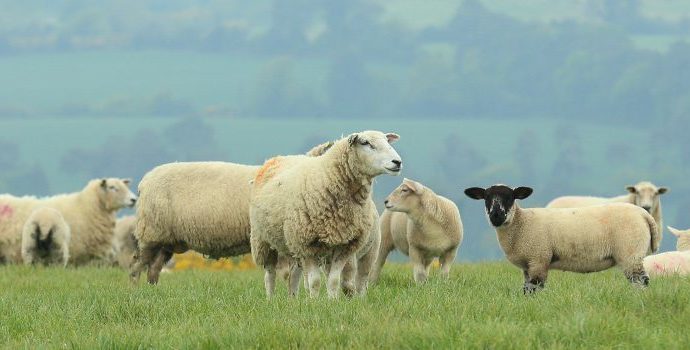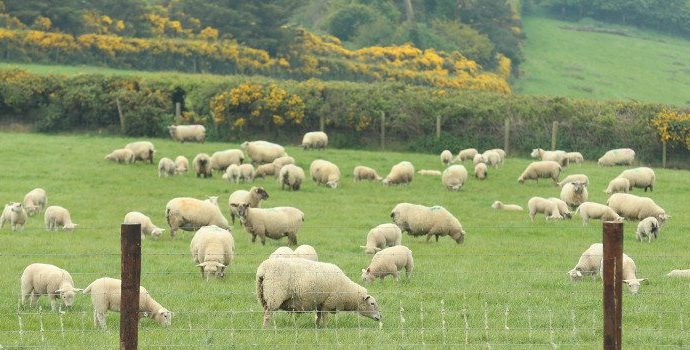Potential Inputs Shortage Will Have Implications for Sheep Farmers

IFA Sheep Chairman Kevin Comiskey said the potential shortages in fertiliser and feed could have very serious implications for sheep farmers if the sector is not recognised and supported.
He said sheep farmers have input demands on their farms like all other sectors. Availability and cost issues are causing huge concern for farmers. This is further compounded by increased contractor costs for baling that will hit sheep farmers hard.
“Sheep farmers must be allowed use all lands at their disposal to produce food. Restrictions in particular in the GLAS scheme must be removed on wild bird cover, traditional hay meadows and low input grassland to ensure we can maximise our grass growth,” he said.
He said sheep farming is an extremely low-income sector and the current levels of input cost increases cannot be absorbed on our farms. We must have immediate direct support for sheep farmers to offset the costs of fertiliser, feed and fuel.
Kevin Comiskey said any reduction in grass production over the year will firstly impact on the sheep sector. “A key aspect of sheep farming for a significant number of farmers is the store lamb trade. This trade is dependent on grass supplies and will be the first to suffer if there is any reduction in grass production over the year,” he said.
He said sheep farmers have been continuously told of the importance of guaranteed supplies of lamb for our key markets. To protect and maintain these, we must be provided with direct and meaningful supports to ensure the well- established mix of systems which includes store lamb finishers is supported and market disruption is avoided for the sector.
The IFA Sheep Chairman said the emphasis must be on maximising resources to grow grass and there must be an additional contingency plan in place for sheep farmers should there be any impact on store sales emanating from reduced volumes of feed or grass grown this year.



